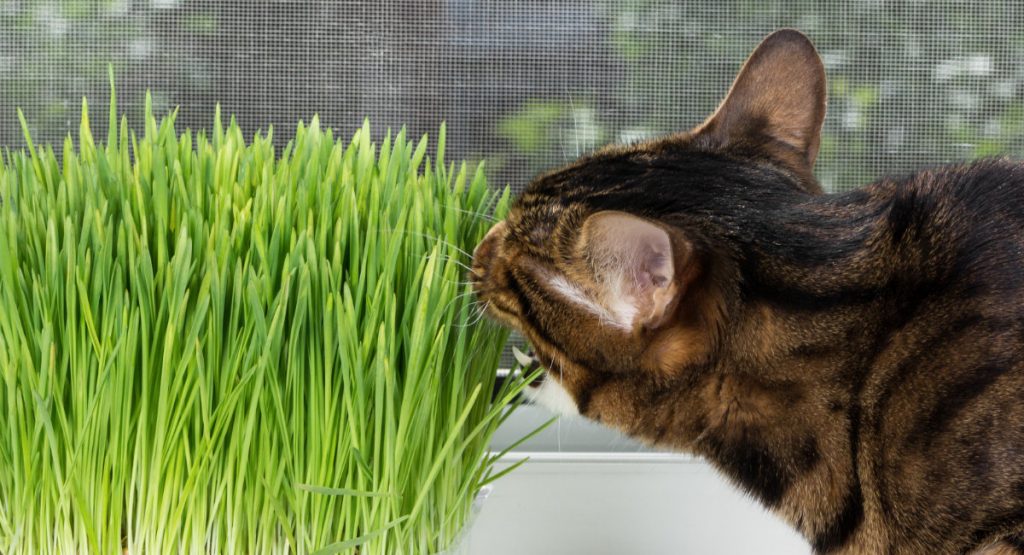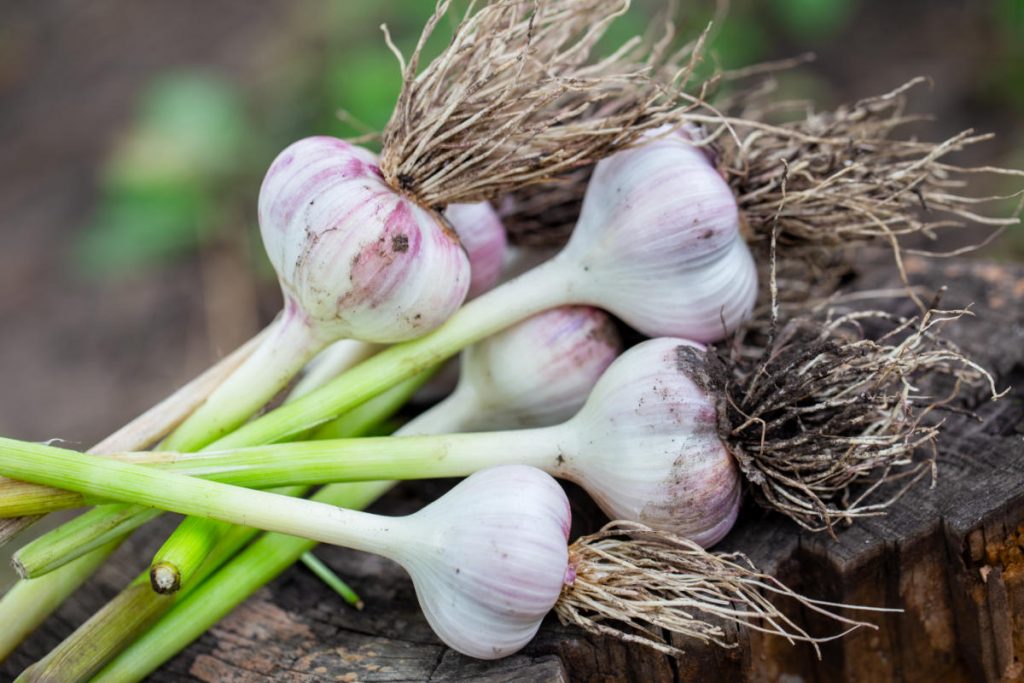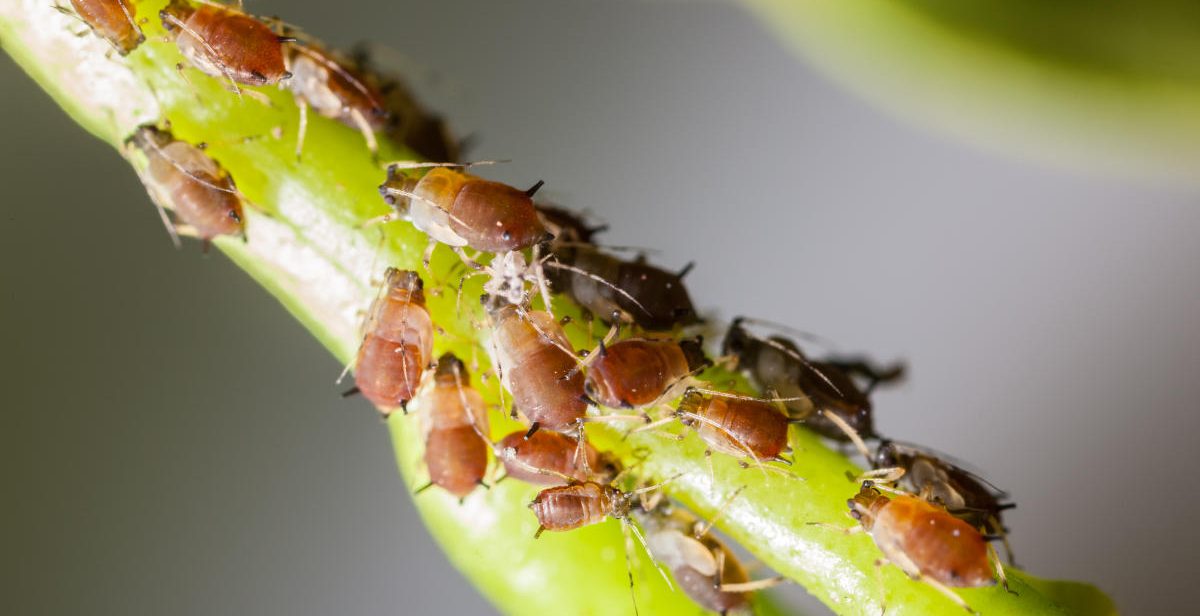Garden pests can be a real nuisance, destroying gardens and properties as they invade. There are many ways to manage a pest problem, but modern chemical-based methods often create more problems than they solve and can be horrendous for the environment compared to using natural pest control methods. The use of pesticides, insecticides, rodenticides, and other chemicals poison wildlife indiscriminately. And as they do, they may poison crops and beneficial wildlife too.
A common ‘weed killer’ chemical glyphosate is due to be banned across Europe by 2022. ‘Round-up’ – a popular glyphosate based weed killer – has already been implicated as being linked to cancer leading to manufacturer Bayer having to pay out almost $11 Billion. Some pesticides used by US farmers have also been linked to the significant decline in bee populations.
So there must be a natural way to control pests right?
Plant power
Certain plants contain active ingredients that are poisonous to pests. So why not cultivate these plants around your house and watch your life improve? Here are 7 easy to grow, natural pest control plants that will keep you, your cat and your garden very happy.
Alliums (Chives & Onions)
Chives and onions are great garden plants not only because they are delicious. They also help repel aphids, Japanese beetles, and carrot flies. Chives are an excellent addition to a spring garden mix as they help ward off pests and give additional flavour to your salad bowl.
Basil
Basil is an aromatic herb. While most humans find its scent appealing, flies and mosquitoes avoid areas where basil is grown. Cultivate your plants in vases as they will grow rapidly, and place them strategically outdoors for optimal effect. Be sure to water the roots and leaves regularly.
Borage
The borage plant effectively controls tomato hornworms and cabbage worms while attracting beneficial bees and wasps. The leaves of the plant are edible and colourful, introducing some stunning blue tones to your garden.
Catnip
Catnip may be revered by cats, but it repels a lot of pests. Containing the chemical nepetalactone, catnip wards off ticks, cockroaches, mosquitoes, flies, aphids, and other pests. Combine catnip with lemon balm and witch hazel for a homemade bug spray.

Mint
Mint is excellent in deterring pests such as cabbage moths, ants, mosquitoes, aphids, and flea beetles. It can also be used as a delicious flavoring in recipes and drinks. But remember that it propagates rapidly, so don’t let it override your lawn!
Dill
When planted alongside cucumbers and onions, dill repels aphids, spider mites, squash bugs, and cabbage loopers. It also attracts tomato hornworms. So make sure you plant it far from your tomato plants to draw pests away from your prized fruits.
Garlic

Garlic has extraordinary insect-repelling properties. It fends off moths, carrot root flies, root maggots, spider mites, and even fleas. But most importantly, garlic tastes great and has awesome health benefits.
You missed out eggshells?
There may be many effective natural methods for pest control, but that doesn’t mean all natural methods work.
One common myth is that eggshells placed around a plant will prevent slugs. The story goes that any of the slippery pests attempting to cross this barrier will lacerate their bodies and die.
But this is far from true. In fact, if the eggshells have egg residue in them, they will only attract more slugs!
Better to save those eggshells for the compost and stick to what works, right?
